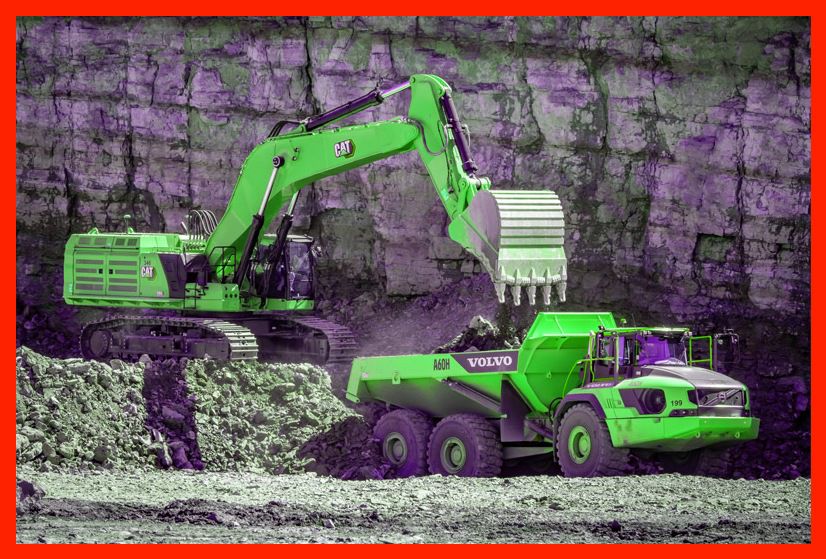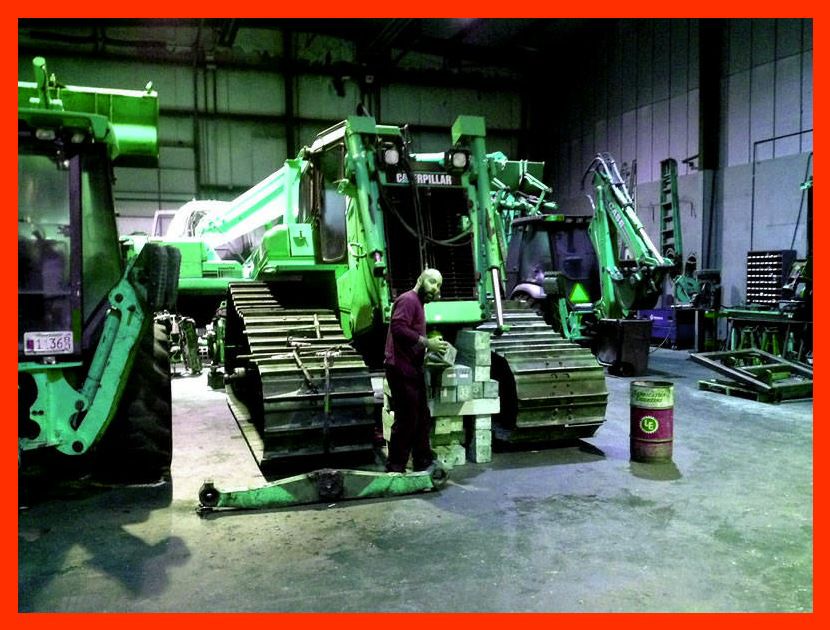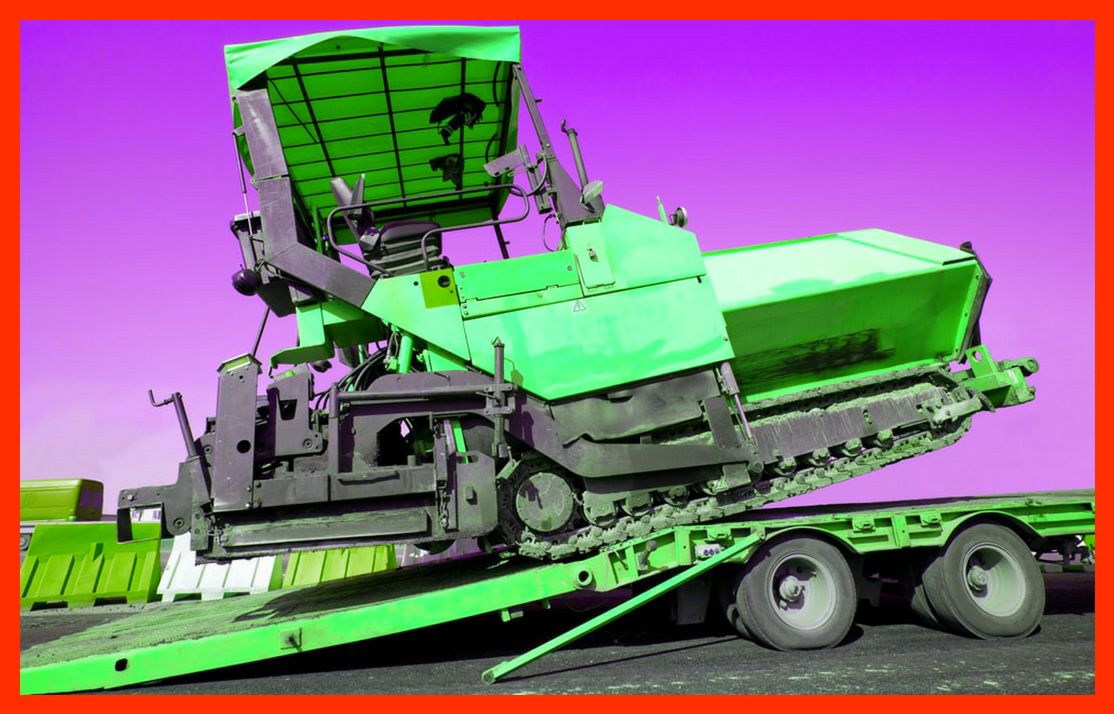
Heavy Equipment Sales Near Me: Finding Your Ideal Machinery Locally
Are you on the hunt for heavy equipment to power your construction projects? Look no further! In this article, we’ll explore the world of heavy equipment sales near you. Whether you’re a seasoned contractor or a homeowner embarking on a renovation, we’ve got you covered. Let’s delve into this world of big machines and big possibilities.

1. What is Heavy Equipment?
Let’s start with the basics. Heavy equipment encompasses a wide array of machinery used in construction, agriculture, mining, and various other industries. These robust machines are designed to handle substantial loads, perform tasks efficiently, and make your work easier.
From bulldozers and excavators to cranes and loaders, heavy equipment comes in various shapes and sizes, each tailored for specific tasks. So, before you embark on your equipment hunt, it’s essential to understand the different types available and their intended applications.
2. The Importance of Local Dealerships
When you’re in the market for heavy equipment, proximity matters. Local dealerships play a crucial role in your journey to finding the right machinery. They offer several advantages:
- Accessibility: Local dealerships are just a stone’s throw away, ensuring that you can easily visit, inspect, and test the equipment.
- Expertise: These dealerships often have knowledgeable staff who can guide you in making informed decisions.
- Service and Support: In case of maintenance or repairs, local dealerships provide convenient assistance.
- Understanding Local Needs: They understand the local terrain, regulations, and specific requirements, which can be invaluable in helping you choose the right equipment.
3. Exploring the Range of Heavy Equipment
Now that we’ve emphasized the importance of local dealerships, let’s dive into the vast world of heavy equipment. It’s like a candy store for professionals in various industries. Here are some of the most common types you might encounter:
- Bulldozers: Ideal for earthmoving and leveling terrain.
- Excavators: Great for digging trenches, holes, and foundations.
- Loaders: Perfect for moving materials like soil, gravel, or debris.
- Cranes: Essential for heavy lifting, often used in construction.
- Backhoes: Versatile machines for digging, trenching, and material handling.
Each of these machines comes with its own set of capabilities, and your choice depends on your project’s specific needs.
4. New vs. Used Equipment: Pros and Cons
When considering heavy equipment, you’ll face the decision of buying new or used. Both options have their advantages and drawbacks:
- New Equipment: Offers the latest technology and reliability but comes with a higher price tag.
- Used Equipment: More budget-friendly but might have wear and tear; however, proper maintenance can make them a smart choice.
Consider your budget and the nature of your projects when making this decision.
5. Financing Options for Your Purchase
Heavy equipment can be a significant investment. Fortunately, there are various financing options available, such as bank loans, equipment leasing, and dealer financing. Evaluate these options carefully to find the one that best suits your financial situation.
6. Maintenance and Servicing
Ensuring your equipment runs smoothly requires regular maintenance. Local dealerships often provide maintenance services, making it convenient for you to keep your machines in top condition. Don’t underestimate the importance of proper upkeep to extend the lifespan of your equipment.
7. How to Evaluate Equipment for Your Needs
Choosing the right equipment involves more than just its type. You should consider factors like capacity, power, fuel efficiency, and attachments. Local dealerships can assist you in assessing these aspects to match the equipment to your specific requirements.
8. Renting vs. Buying: Making the Right Decision
In some cases, renting heavy equipment might be a better option than buying, especially for short-term projects. Weigh the pros and cons of both choices to make an informed decision that aligns with your project’s duration and budget.
9. Local Regulations and Permits
Before you start using heavy equipment, be sure to familiarize yourself with local regulations and permitting requirements. Local dealerships often have insights into these matters, helping you stay compliant and avoid legal hassles.
10. Where to Find Reliable Dealerships Near You
Now, the million-dollar question: Where can you find reliable dealerships near you? Start by conducting online searches, asking for recommendations from colleagues, or checking out local directories. Visit a few dealerships to compare their offerings and services.
Your Path to Heavy Equipment Ownership
we’ve explored the world of heavy equipment sales near you. Remember, choosing the right machinery for your projects is crucial for efficiency and success. Local dealerships are your allies in this journey, offering expertise, support, and a range of equipment options.
Equip yourself with knowledge, visit your local dealerships, and embark on your path to heavy equipment ownership with confidence.
FAQs: Answering Your Top Questions
- Q: How can I determine the right equipment for my project?
- A: Assess your project’s specific needs, considering factors like capacity, power, and attachments. Consult local dealership experts for guidance.
- Q: Are used heavy equipment reliable?
- A: Used equipment can be reliable with proper maintenance. Ensure you buy from a reputable source and conduct thorough inspections.
- Q: What financing options are available for heavy equipment purchases?
- A: Financing options include bank loans, equipment leasing, and dealer financing. Choose the one that aligns with your financial situation.
- Q: Do local dealerships offer maintenance services?
- A: Yes, many local dealerships provide maintenance services to keep your equipment in top condition.
- Q: Where can I find local dealerships near me?
- A: Start by searching online, asking for recommendations, or checking local directories. Visit dealerships to evaluate their offerings.



